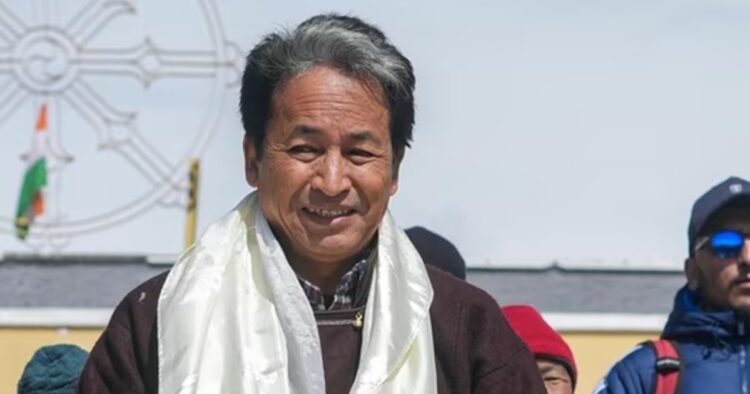The administration in Ladakh has taken precautionary measures ahead of the planned “Pashmina March” towards the Line of Actual Control (LAC) by imposing Section 144 in Leh district. This decision comes amidst concerns of potential unrest and to maintain public order.
Section 144 prohibits gatherings, rallies, or marches without prior approval from the district magistrate. Additionally, the use of loudspeakers and vehicles for such purposes is restricted without proper authorization. These measures aim to prevent any disturbance to communal harmony and public tranquility.
Social activist Sonam Wangchuk has been at the forefront of organizing the march, which is scheduled for April 7. The march seeks to support the demand for the Sixth Schedule and statehood for Ladakh. Despite several rounds of talks with the central government, the issue remains unresolved.
Wangchuk expressed confusion and concern regarding the sudden imposition of restrictions, stating that peaceful initiatives now seem to be viewed as dangerous by the administration. He emphasized the importance of maintaining peace at all costs.
The decision to restrict mobile data services in Leh has drawn criticism from various quarters. Bharat Solanki, AICC J&K in-charge, condemned the move, alleging that it aims to suppress information and prevent the truth about the situation in Ladakh from reaching the people of India.
The “Pashmina March” has garnered significant attention, with supporters, leaders, and journalists expected to participate from different parts of the country. The imposition of Section 144 and the suspension of mobile data services add a layer of complexity to the situation, highlighting the ongoing tensions and the urgency of finding a resolution to the demands of the people of Ladakh.

















Comments